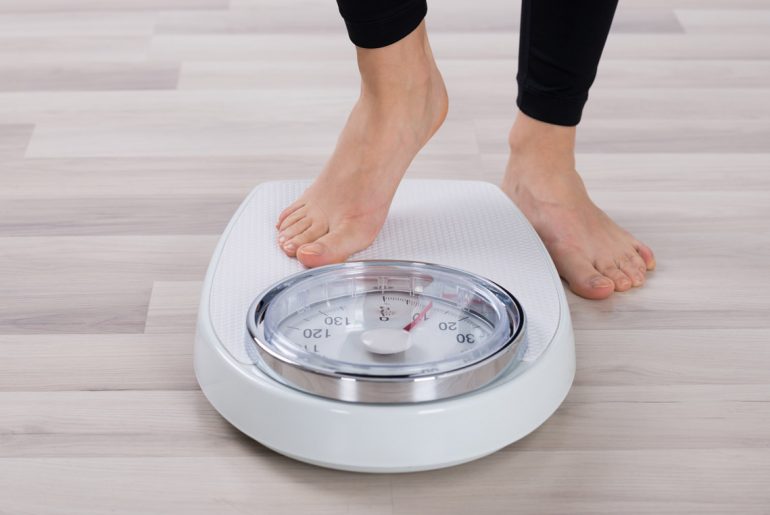We all want an accurate — if not favorable — number to show up when we step on a scale at the doctor’s office. But clunky boots, thick sweaters or just the mass of all clothing items combined makes us feel like we’ve been gypped out of learning our real weight. Well, thanks to a study completed at Grand Forks Human Nutrition Research Center published in the International Journal of Obesity, we have a ballpark guess as to how much weight we can subtract if weighed while wearing clothes. The study tracked 50 men and women for an entire year. Every time the participants checked in they were weighed with and without clothes on. The results? Women, on average, wore just over 1.75 pounds of clothing, while men’s clothing added just over 2.25 pounds. The study didn’t factor in shoes, which can vary greatly, so be sure to take those off before…
The reason why ‘lb’ is the abbreviation for pound
Most abbreviations seem obvious in their origins. For example “tbsp” for tablespoon and “Tue” for Tuesday are pretty good nods to the original word. But you may have noticed one common abbreviation seems to break this custom. You’ve seen it on scales: you’ve seen it in grocery stores. The problem child abbreviation is, of course, “lb” for pound, and you’ve probably wondered just how the heck that happened. On first glance, “lb” doesn’t make much sense, but the reason is actually kind of clever. The Huffington Post pointed out that “lb” is the abbreviation for the Latin word libra, which is the seventh sign in the zodiac. The word libra referred to the scales or balance in ancient Roman times and was also part of a unit of measurement called “libra pondo,” which, translated means “pound weight.” So “lb” became the shorthand for “a pound of weight.” Although it’s Americans who are most likely…


